Critical reading
Exploring context in fiction texts
Learn about how historical, social and political contexts and life experiences can influence writers and be reflected in their writing.
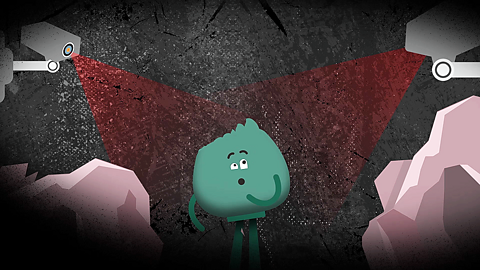
Investigating themes in fiction
Learn what a theme is, how to identify themes in a text, and the important differences between themes and motifs.
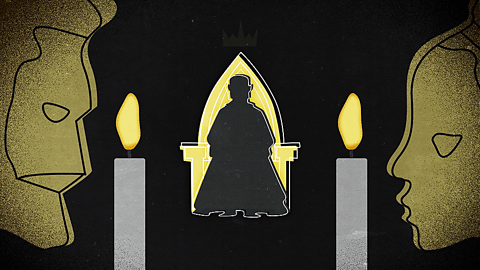
Understanding characterisation
Characterisation enables writers to weave stories that are believable, purposeful, relatable and driven.
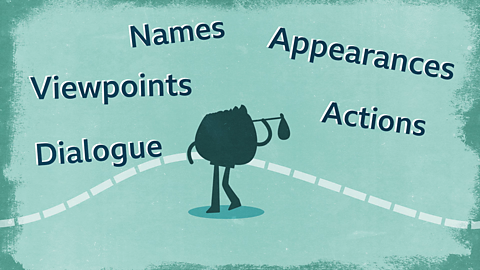
Understanding how writers use setting
Learn how a fictional setting can help with characterisation, create atmosphere, act as a symbol, and reveal the genre of the story.
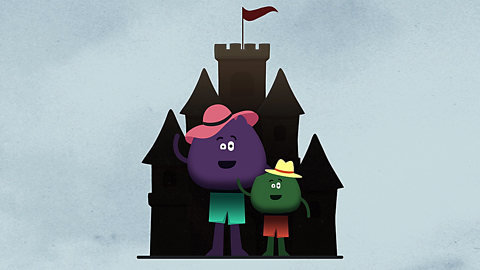
Understanding symbolism
Writers also use symbols to add deeper meaning to a text, creating meanings and associations in our minds as we read.

Analysis: what it is and how to do it
Analysis is an important skill to learn and practise in English – it helps you to explore and understand the writer’s craft.

Exploring effect on the reader
Learn to look at how a writer’s words create an effect, what their consequences are, and how those words influence our emotions and understanding.
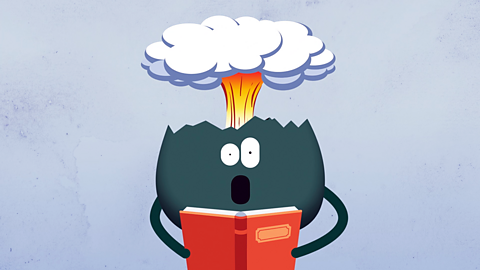
Gothic literature
Gothic literature is a genre of fiction which first became popular during the 18th Century and which evokes an atmosphere of mystery, fear or terror.
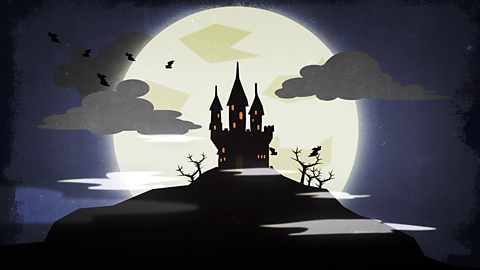
How to investigate structure in fiction texts
The structure of a narrative in a work of fiction, whether linear or non-linear, shapes the reader's response to it.
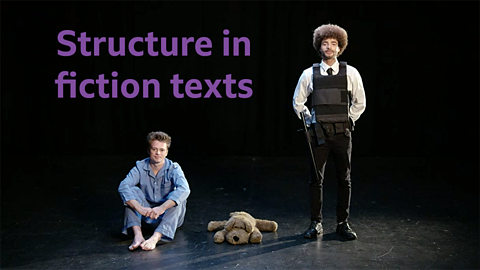
How to investigate language in fiction texts
Metaphors, symbolism and vocabulary are all deliberate choices made by fiction writers.

How to understand unfamiliar vocabulary
When you find unfamiliar vocabulary or an unknown word, you can find many clues to its meaning right there in the text.

Links
- External linkExternal link
- SubscriptionSubscription
- External linkExternal link
- External linkExternal link
- External linkExternal link
- External linkExternal link
- SubscriptionSubscription